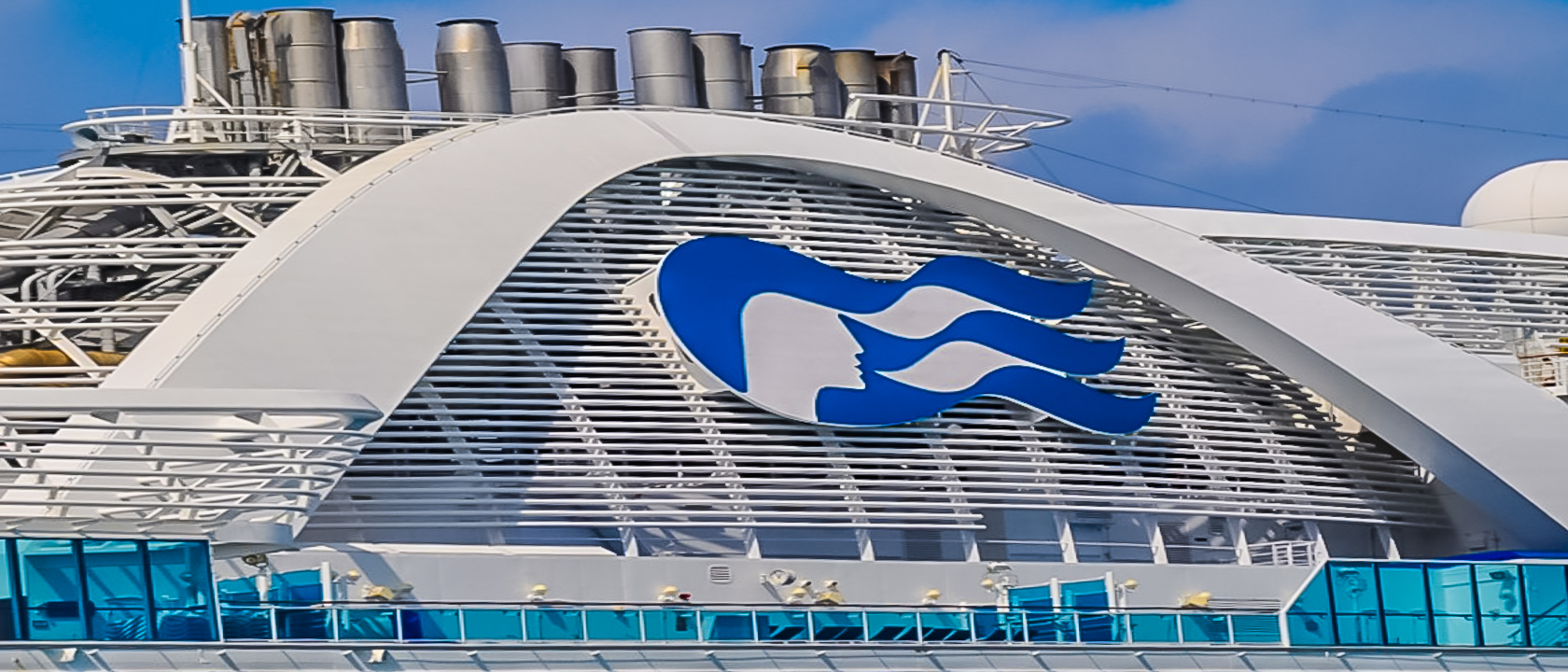
Safety At Sea Terminology: Forward Looking Sonar
Forward-looking sonar (FLS) is a type of underwater sonar technology used in various applications to provide a forward view of the underwater environment. It’s primarily employed in marine navigation and exploration, as well as for underwater search and rescue operations.

Here are some key points to remember about forward-looking sonar:
- Principle of Operation: Forward-looking sonar operates by emitting sound waves, typically in the ultrasonic range, into the water. These sound waves then bounce off objects in the water and return as echoes to the sonar system. By analyzing the time it takes for the echoes to return and their strength, the sonar system can create a visual representation of the underwater surroundings.
- Applications:
- Navigation: FLS is commonly used on boats and submarines to help operators detect underwater obstacles, such as rocks, reefs, or submerged wreckage, in real-time, enhancing safety during navigation.
- Search and Rescue: In search and rescue missions, forward-looking sonar can be instrumental in locating underwater objects or missing persons.
- Underwater Exploration: Researchers and scientists use FLS to explore and map the ocean floor and underwater environments, enabling them to study marine life and geological features.
- Types of FLS:
- Single-Beam FLS: These systems emit a single beam of sound waves forward and provide a basic view of the underwater area in front of the vessel.
- Multi-Beam FLS: These systems use multiple beams to provide a more detailed and wider-angle view, improving the accuracy of object detection and underwater mapping.
- Benefits:
- Increased Safety: FLS helps prevent collisions with underwater obstacles, reducing the risk of accidents for vessels.
- Enhanced Efficiency: It allows for more efficient underwater navigation and exploration.
- Environmental Monitoring: FLS can be used for environmental monitoring to assess the condition of underwater ecosystems and habitats.
- Limitations:
- Limited Range: The range of forward-looking sonar is typically limited, and it becomes less effective at longer distances.
- Interference: Water conditions, such as turbulence and sediment, can affect the performance of FLS.
- Cost: High-quality FLS systems can be expensive, limiting their availability to certain applications.
In summary, forward-looking sonar is a valuable technology for underwater navigation, exploration, and search and rescue operations. It provides real-time information about the underwater environment, helping to ensure safety and improve efficiency in various marine activities.



